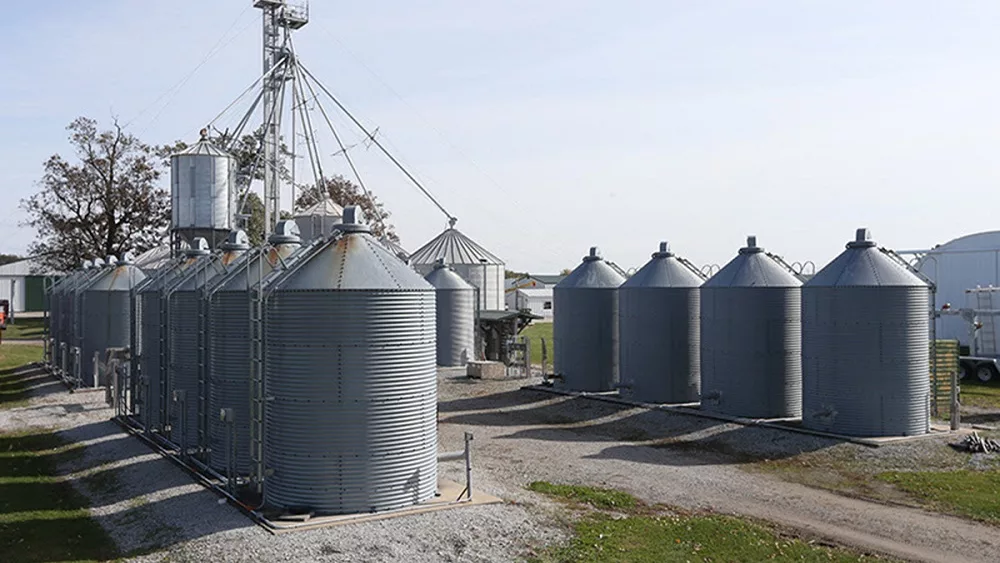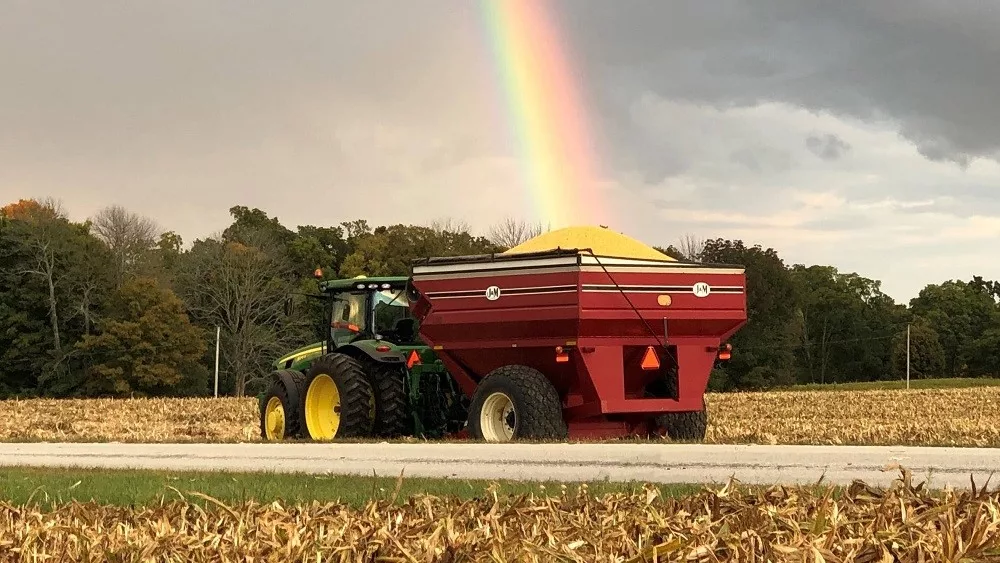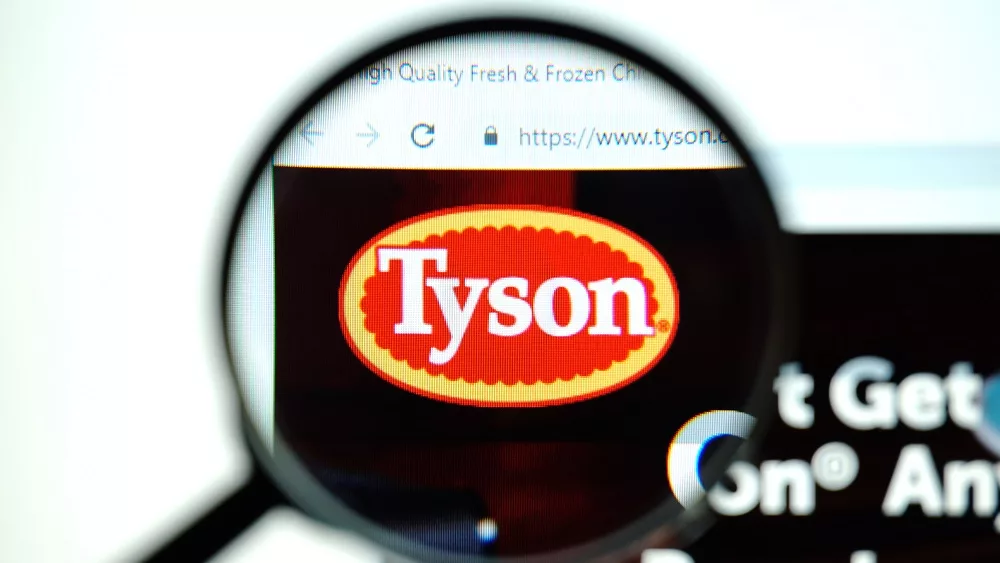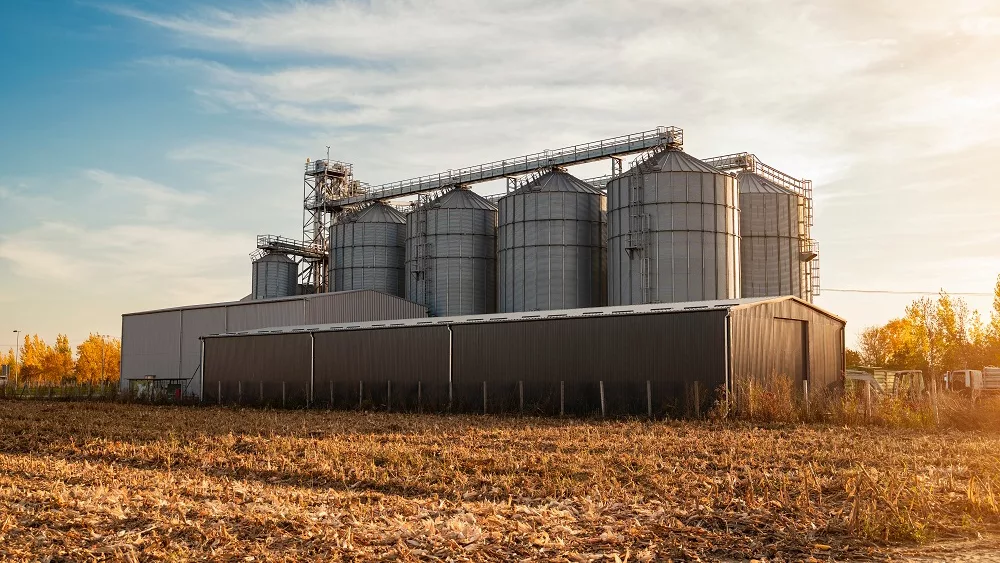
As the nation’s top grain and soybean farmers gather in Phoenix, AZ for Commodity Classic 2015, some of the toughest issues facing agriculture are being discussed and debated. The Ag Issues Forum, sponsored by Bayer Crop Science, brings together farmers, ag media, industry leaders, and critics of agriculture to focus on issues like innovation, food production, GMOs, animal care, sustainability, traceability, regulations, climate change, and more. Unlike many farm gatherings, the forum provides an exploration of points of view both from within and outside of agriculture.
Jim Blome, President and CEO of Bayer Crop Science, stressed how vital continued investment in innovation is for the kind of increased food production that will be needed in the future. He said the industry needs to make consumers more comfortable with the innovations that are coming, “The products that farmers use undergo a decade of testing and research before they come to the market. Products are not approved by likes on facebook.” But consumers are exerting increased pressure on firms like Bayer, and the forum spent a good deal of time discussing how agriculture can respond.

The understanding and acceptance of science was addressed by Dr. Mae Jamison, former NASA astronaut and a member of the Science Makes Sense program. She stressed the importance of STEM education and why science literacy is important for all consumers to make informed choices about food and other everyday choices.
Consumer calls for sustainability and traceability was discussed by a panel representing traditional agricultural and niche producers. Food fads, misinformation about food and farming, and changing consumer priorities are all producing challenges for agriculture. Government regulations that once were a trusted standard for consumers are no long enough.

A panel of millennials also discussed how the perceptions of food and farming are different for this upcoming generation. “Our generation thinks they know a lot about food and agriculture, but we really don’t,” said panelist Emily Best.
A lot of time was devoted to technology, both technology that is being used today as well as technology that will be developed over the next 20 years. Not only is this technology being used for production but increasingly in food marketing. Barcodes on food products in retail stores are not only providing price and inventory, but also product traceability.

The forum did not conclude with specific recommendations except that the future will be much different for agriculture and food production and that farmers and consumers will have to make changes to adapt. Danielle Nierenberg, president of Food Tank, stressed that more dialogue is needed between all participants in the food system.




